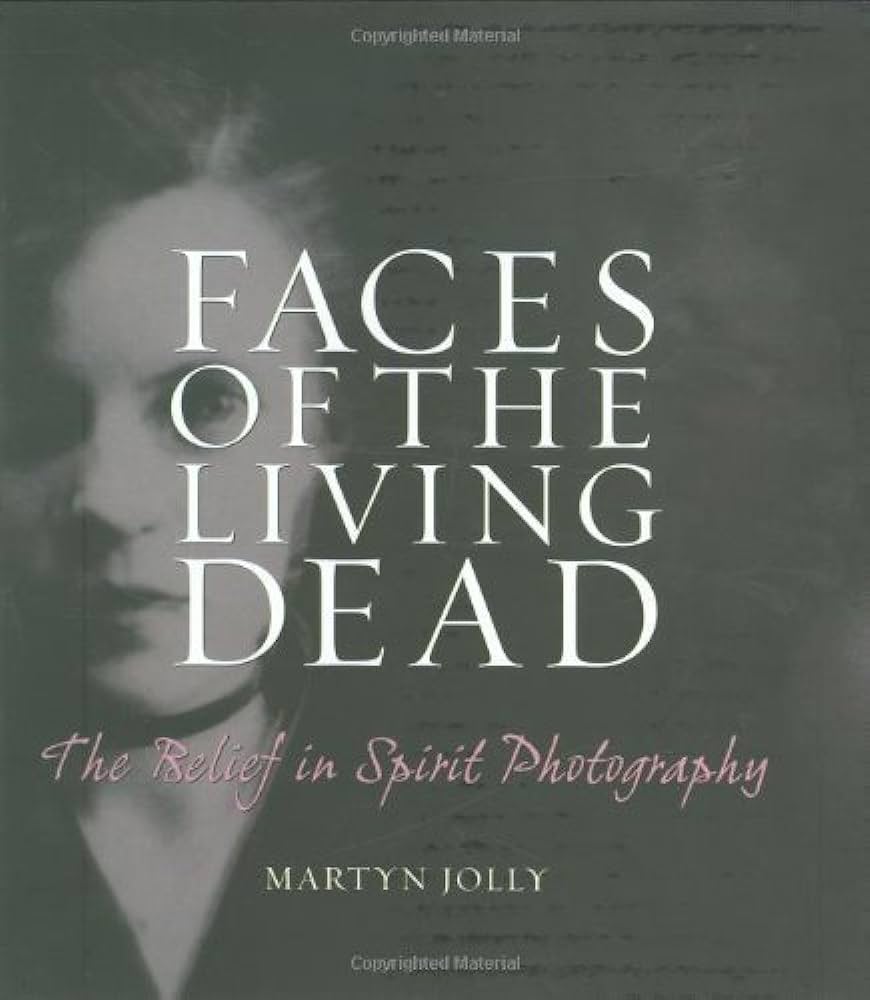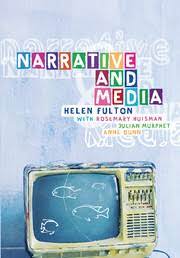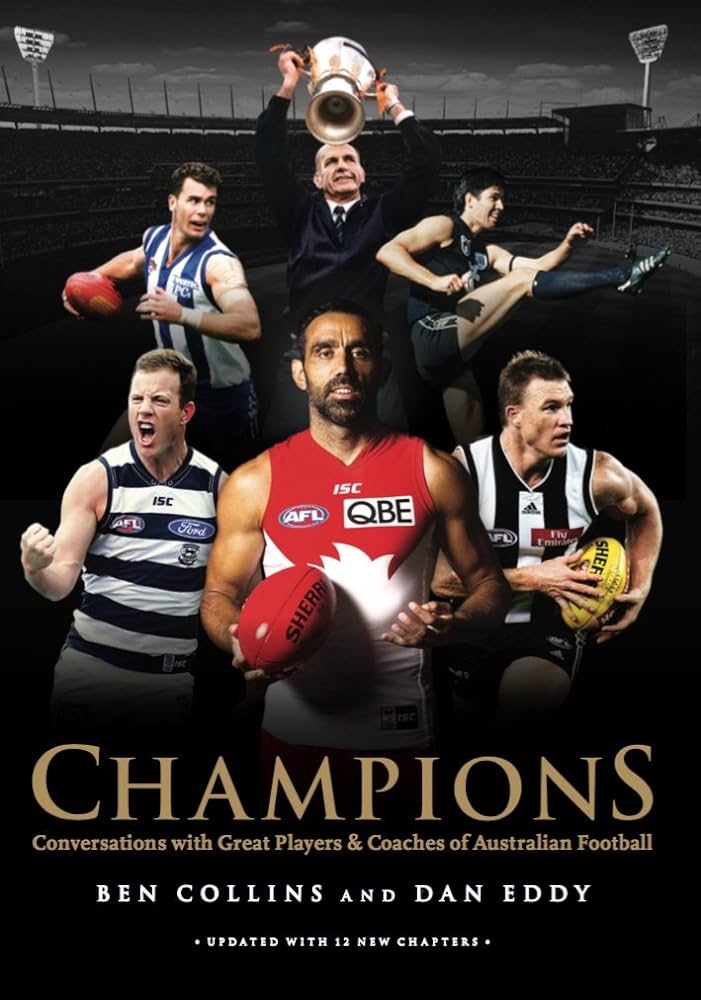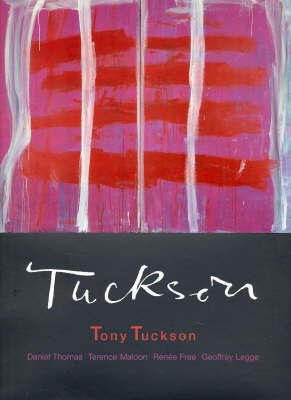Archive
Film | Theatre | Art | Opera | Music | Television | Festivals
Welcome to ABR Arts, home to some of Australia's best arts journalism. We review film, theatre, opera, music, television, art exhibitions – and more. To read ABR Arts articles in full, subscribe to ABR or take out an ABR Arts subscription. Both packages give full access to our arts reviews the moment they are published online and to our extensive arts archive.
Meanwhile, the ABR Arts e-newsletter, published every second Tuesday, will keep you up-to-date as to our recent arts reviews.
Recent reviews
Faces of the Living Dead: The belief in spirit photography by Martyn Jolly
It is one thing for Macbeth (of whom more in a moment) to chide himself for ‘vaulting ambition’; it is not, though, the first stick we would choose to beat Australian cinema with. Now, with 2006 nearly over and everybody saying what a good year it has been for local films, I want to identify ‘ambition’ as a key element in the making of this ‘good year’.
... (read more)UTS Writers’ Anthology: Making Tracks edited by Melissa Bruce et al.
Old Myths: Modern empires: power, language and identity in J.M. Coetzee’s work by Michela Canepari-Labib
Ordinary People’s Politics: Australians talk about life, politics, and the future of their country by Judith Brett and Anthony Moran
The Champions: Conversations with great players and coaches of Australian football by Ben Collins
More than a recorder
Still they arrive, though slowing to a trickle in recent days – the reader surveys that we sent out with the June–July issue. We expected about fifty to eighty, only to receive more than four hundred, making this a highly representative survey of our readership. Because of the large number, it has taken longer than we ...
Behind the ‘myth’
Dear Editor,
As an unexpected child of the Depression years, I know how one working-class family coped with the economic difficulties that Geoffrey Bolton refers to in his review of David Potts’s The Myth of the Great Depression (October 2006). My father was an unskilled labourer, often out of work. His wages were supplemented by a small war-service disability pension. Some proportion of this income was handed over to my mother, who was expected to pay the mortgage, manage the household and feed five mouths (for I had two older siblings). Even with the income from occasional embroidery and dressmaking that she undertook, this was impossible. Her solution, when we sat down for dinner, was to put out five plates, leaving her own place empty. If my father asked why she was not eating, she would say she was not hungry, and would retire to the kitchen to weep or to find a piece of bread or fruit. So it was not half the population of the household that went hungry, only twenty per cent.
... (read more)





